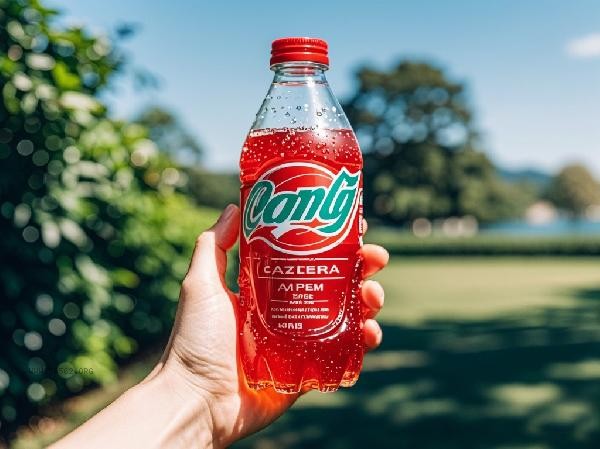Electrolyte beverages mainly include sports drinks, coconut water, oral rehydration salt solution, diluted fruit juice, and functional water. This type of beverage contains electrolytes such as sodium, potassium, and magnesium, which are suitable for replenishing water and minerals after heavy sweating, diarrhea, or exercise.

1. Sports drinks
Sports drinks, such as common isotonic drinks, contain electrolytes such as sodium chloride and potassium citrate, while adding a small amount of sugar to help with rapid absorption. Suitable for drinking after high-intensity exercise, it can effectively prevent dehydration and muscle spasms. But daily consumption should be controlled to avoid excessive sugar intake.
2. Coconut Water
Natural coconut water is a low calorie source of electrolytes, rich in minerals such as potassium, calcium, and magnesium, and has an osmotic pressure close to that of human body fluids. Suitable for mild dehydration or daily hydration, with minimal irritation to the gastrointestinal tract but low sodium content. In severe dehydration, other fluid replacement methods should be used.
3. Oral rehydration salt solution
The World Health Organization recommends standard oral rehydration salt solutions containing precise ratios of glucose and electrolytes, mainly used to treat dehydration caused by diarrhea. Its ingredients have been rigorously validated and have high absorption efficiency, but the taste is light and not recommended as a daily beverage.

4. Dilute fruit juice
Dilute fruit juice with water in a 1:1 ratio to supplement some potassium elements and reduce sugar concentration. Mild hydration suitable for children or people with less exercise, but the types and contents of electrolytes are not as comprehensive as professional beverages.
5. Functional Water
Partially fortified mineral water or electrolyte added drinking water, containing trace amounts of sodium, potassium, and other components. Suitable for maintaining electrolyte balance in daily life, but the electrolyte concentration is low and cannot meet the replenishment needs after a large amount of loss.

The selection of electrolyte beverages should be based on actual needs: after exercise, priority should be given to sports drinks containing sugar and sodium, professional rehydration salts should be used for diarrhea and dehydration, and low sugar coconut water or functional water can be chosen for daily health care. Pay attention to the ingredient list to avoid excessive intake of additives. Children and chronic disease patients should drink under guidance. At the same time, maintaining a balanced diet and obtaining natural minerals from vegetables and fruits is safer and more sustainable.








Comments (0)
Leave a Comment
No comments yet
Be the first to share your thoughts!